By 2040, the government’s proposed ‘Road To Zero’ emissions plan will require each new car sold in the UK to have an electric driving range of at least 50 miles.
Cars on sale will be a mix of pure-electric vehicles, and fossil fuel (or other fuel) hybrids, augmented by a plug- in battery and electric drive motor, as Britain’s motoring moves towards having no tailpipe emissions.
The plan hasn’t met wholesale approval. The Society of Motor Manufacturers and Traders said it could not support plans that “do not appreciate how industry, the consumer or the market operate and which are based neither on fact nor substance”.
BP buys EV charge company Chargemaster
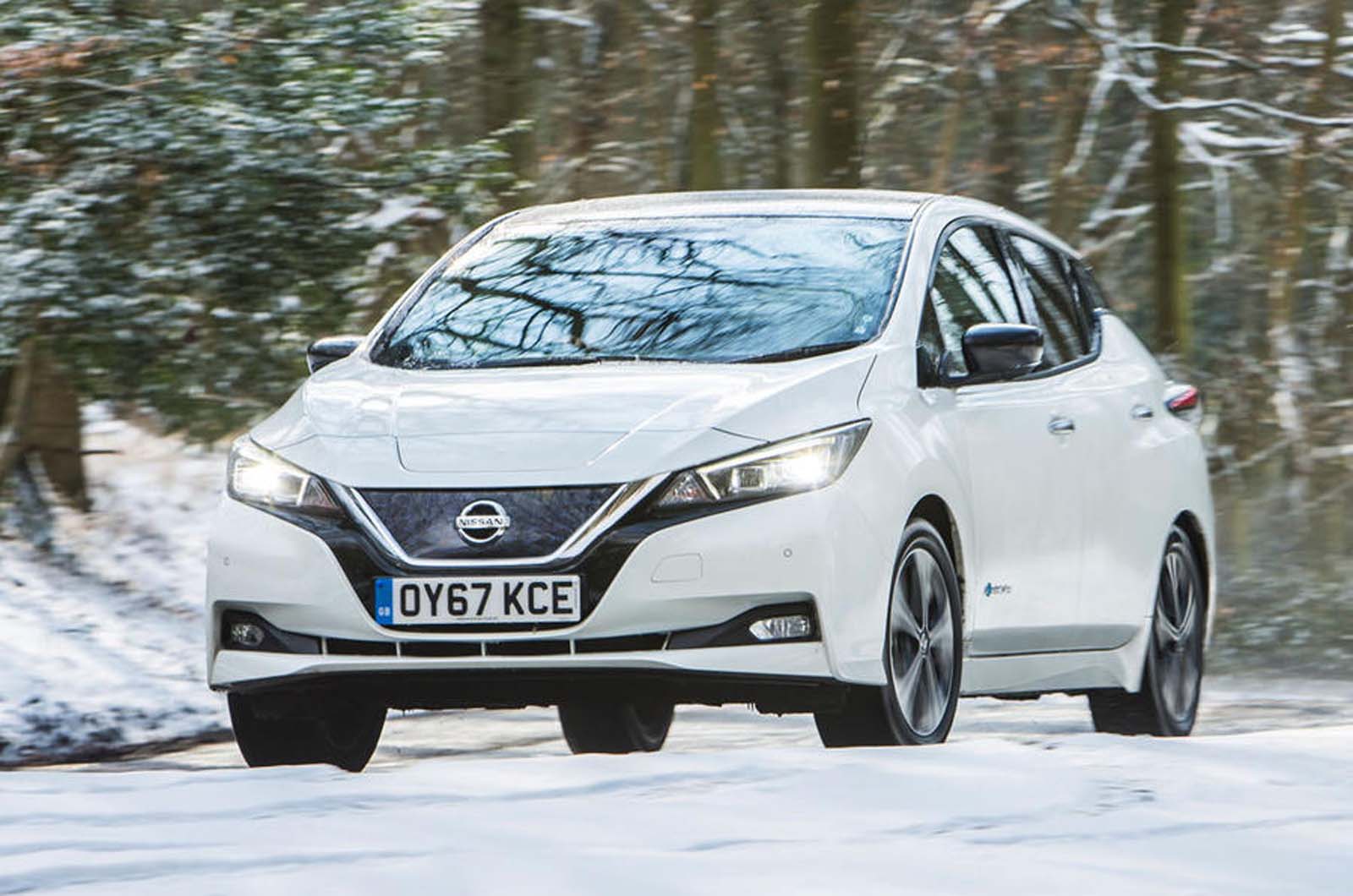
Can the industry cope?
The motor industry’s issue is that single-market legislation makes cars more complex and expensive. If, say, the rest of the EU has a similar idea but asks the electric range to be only 30 miles, or 62 miles (100km), or to happen at a slightly later date, and if US or Chinese rules differ again, it adds layers of complexity and bureaucracy to the task of engineering the world’s most complicated consumer product. Car makers will cope, but it might affect the number and type of cars on sale in the UK.
If the UK government made plans alongside other countries and, yes, while consulting industry associations to establish a clear regional standard, even if a global one is unrealistic, it would mean cars can be both more efficient and cheaper. But the UK is a big car market, so if car makers want to sell cars here – and they will – they’ll get there.
There are 31,177,900 cars on the road in Britain. Some predict there will be fewer cars on the road by 2040, or that we’ll be driving them less, thanks to improved communications technology, but no trend so far supports that. Since 1945, the number of vehicles on Britain’s roads has, according to the Department for Transport, “increased in practically every year”.
The road that charges your electric car
Britain has a growing and ageing population that is travelling more, not less, and using cars and trains to do it. Car journeys are by far the dominant way we travel. Currently, they stand at a record 253.7 billion vehicle miles per year, 12.3% more than 20 years ago.
As the population grows and ages, and if buses continue to become less available, particularly in rural areas, and autonomous technology helps keep the elderly driving longer, there are reasons to think that car journeys will only increase, not decrease. For the purposes of this analysis, though, we’ll assume they’ll stay the same.

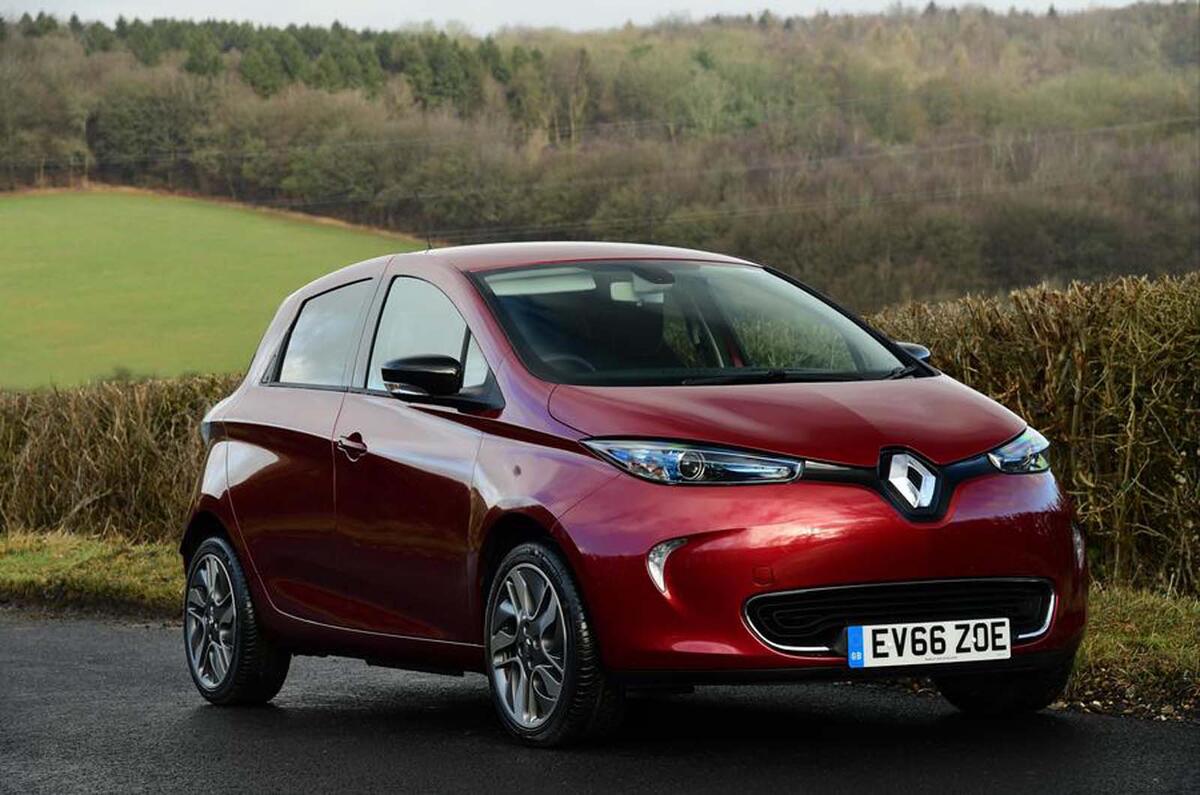
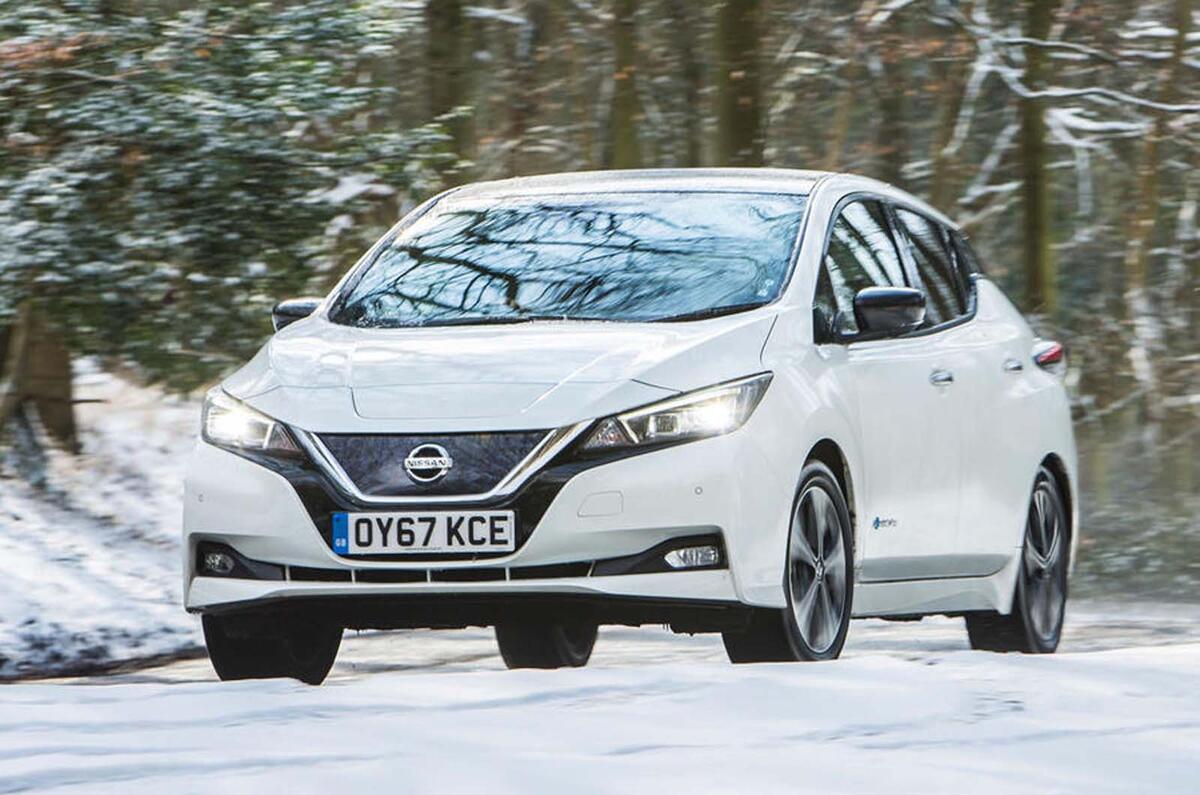
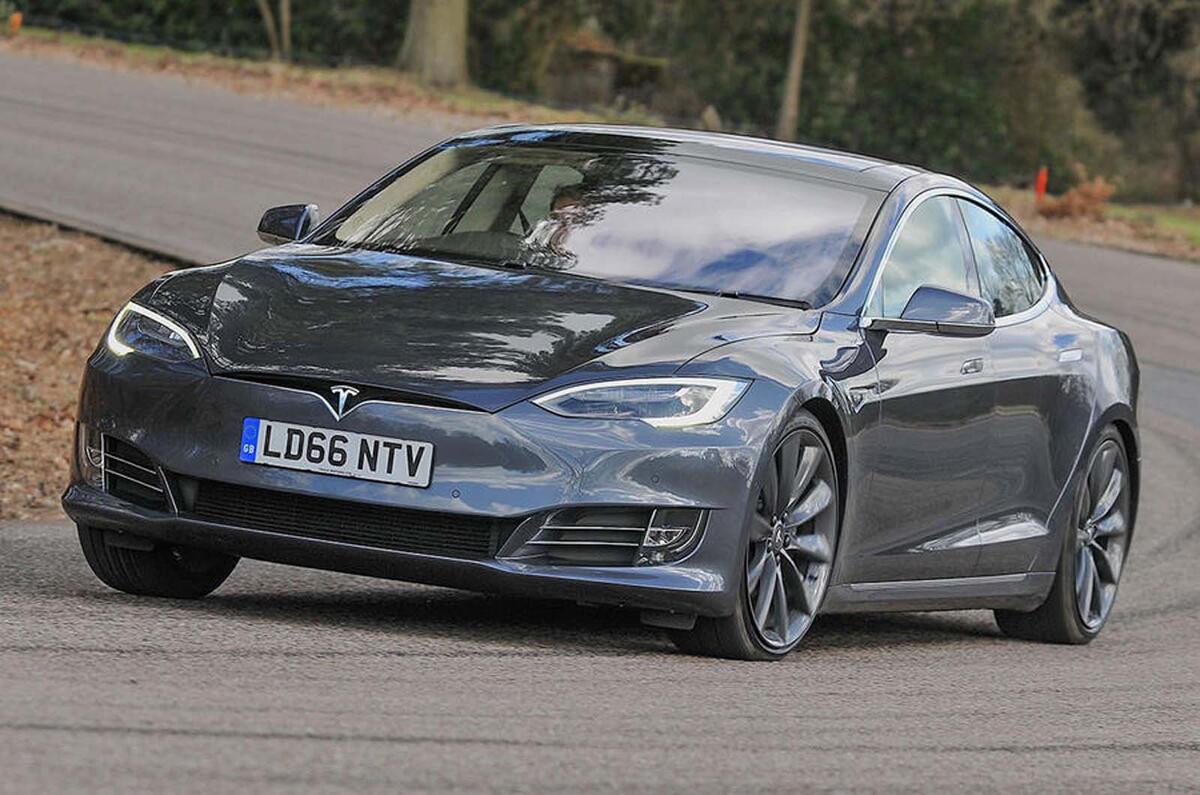
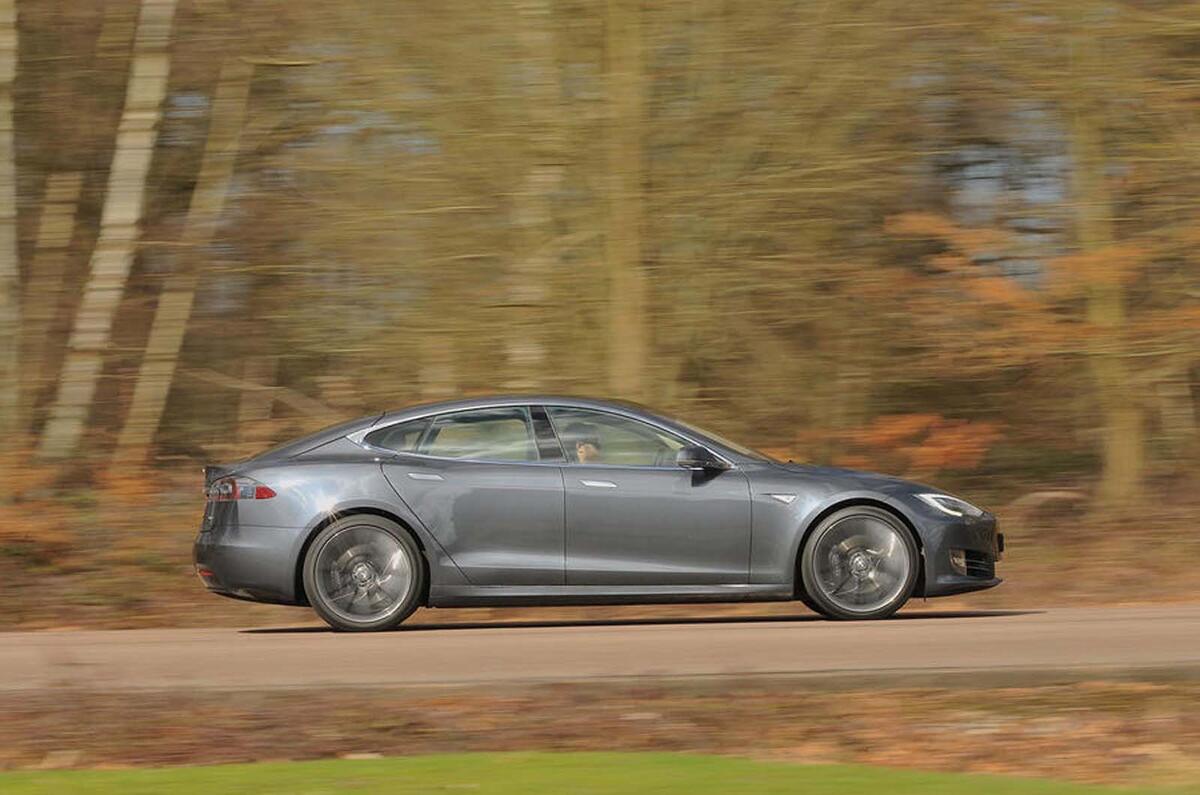
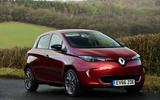

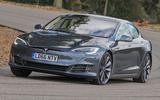
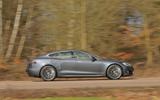

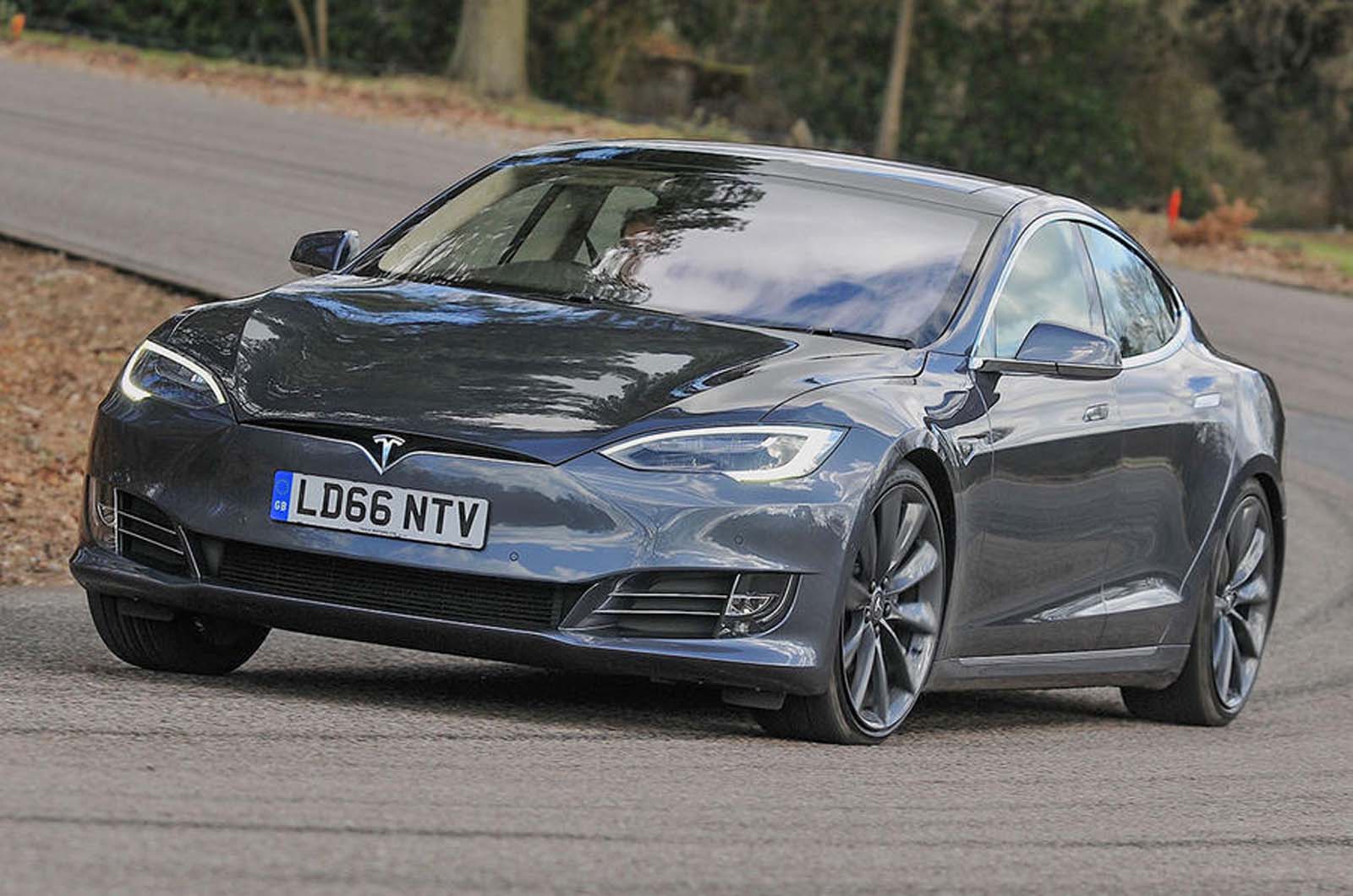
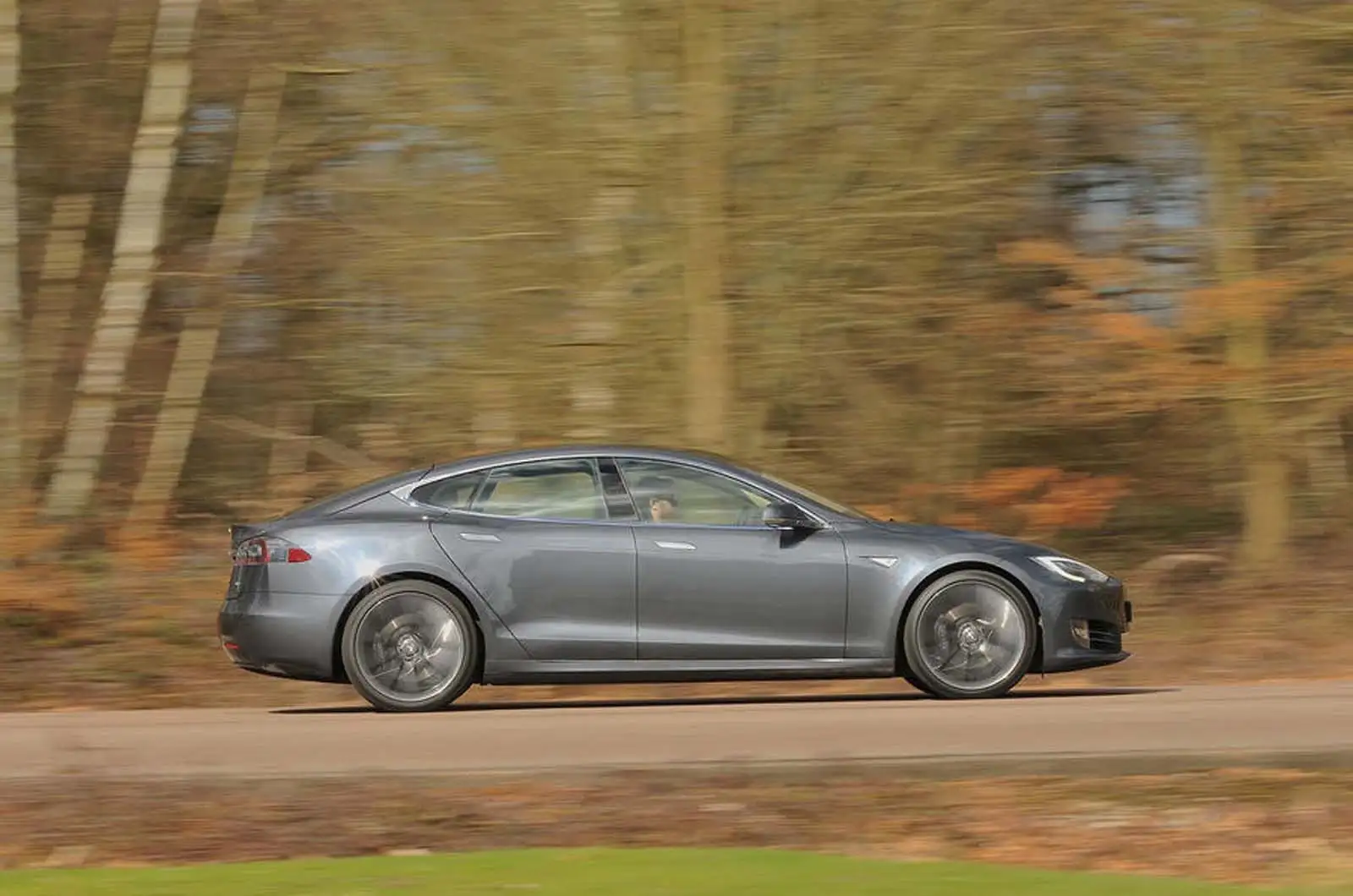




Join the debate
Add your comment
Has Matt considered the
Has Matt considered the electricity that is required to process petrol/diesel will taper down broadly in parallel with the demand for electricty from electric cars?
FFS Autocar is making
FFS Autocar is making mountains out of molehills. This is I assume from a bias of assuming that people will use electric cars the same way as petrol cars.
Electric cars are built and purchased one at a time; the issues with charging will be solved one car at a time. There is therefore a fundamental issue with this article; the UK does not need to “be ready”.
Looking at the direction of travel of battery costs it is likely that electric cars will be cheaper than petrol cars down to supermini size by around 2025. In all likelihood the Tesla experience is showing us that the principle barrier to adoption will probably be the rate at which they can be produced.
Any future predictions may be utterly disrupted by autonomous vehicles, E-VTOL's, new car ownership models, e-bikes or similar:
1: Charging, current ratios are one charging point at a dwelling per car and 1 per 100 for fast chargers in the case of long range electric cars like Teslas. Most charging is done at home; a home charger is no more complex to fit than an electric cooker. Currently as an electric vehicle is a discretionary purchase, only people who can charge at home buy one.
When an electric car is no longer a discretionary purchase then expect demand for infrastructure to drive its creation. There are plenty of on road charging solutions including options to put plugs in lamp posts, it is also likely that companies will be pressured into installing basic 32A chargers in their car parks. Most cars will be retained at a high state of charge by trickle charging.
2: The Grid: The average daily journey is around 20 miles so most cars can be charged off a slow charger every day, with a regular 32A plug you can charge a Tesla fully overnight. As stated above there are plenty of charging solutions for cars parked on road and the lower cost of charging then will be an incentive the maximize charging at this point. During the daytime most people leave cars in the car park all day, when you leave the car you will tell it when you want to it be charged by and the car will charge a points of lowest demand during the day to lower the costs.
As for grid capacity in any given year a minimum of 3-5% of generation is replaced, the ramp up from electric cars is predictable and limited by car production, short term errors are cured by life extensions to existing plants.
3: Death and Taxes: Stuff needs to be paid for, petrol taxes are effectively regressive consumption tax. Removing the environmental imperative effectively removes some of the arguments for such a high level of taxation on this sector. In all likelihood a road pricing system will be part of the solution, it would be relatively cheap to administer and would be a good way to manage congestion. Despite people’s previous issues with it most people are now aware that their mobile allows state and google to track them anyway. To make up the likely shortfalls expect wealth taxes like a land value tax and inheritance taxes to go up (as economists have been suggesting for a while anyway).
In short Autocar has done some maths but vastly underestimated people’s ability to organize at local, national and international levels. Globally cars are added one at a time, the solutions are developed one car at a time too, good practice spreads and soon just becomes the way things are done. The edge cases Autocar has theorised do not have to be addressed now they will be addressed as they appear from a position of having a nearly good enough solution already.
Electric cars are quieter, produce no local air pollution, they are simpler to construct and maintain, more flexible in design and very soon will be cheaper than petrol cars. These positives will drive adoption, one car at a time.
Alternatives to home charging?
Charing is indeed a big issue, especially for those who cannot do it at home. There are a couple of possible options that I haven't heard about it a while.
Cambridge Crude is a liquid that hold charge. When it is depleted, replace the fluid at a fuel station, and the old liquid is recharged for a following customer to use.
Renault were involved in aluminium air batteries (created by Phinergy). Aluminium plates are consumed in a chemical reaction to produce electrity. Apparently a 600 mile range (but with electrolyte top ups every 250), and the resulting aluminium oxide can be recycled. The system would be much lighter than current battery packs.
There may also be other options such as mobile battery packs (perhaps autonomous) that come to the car. Current soloutions may not be the only solutions.